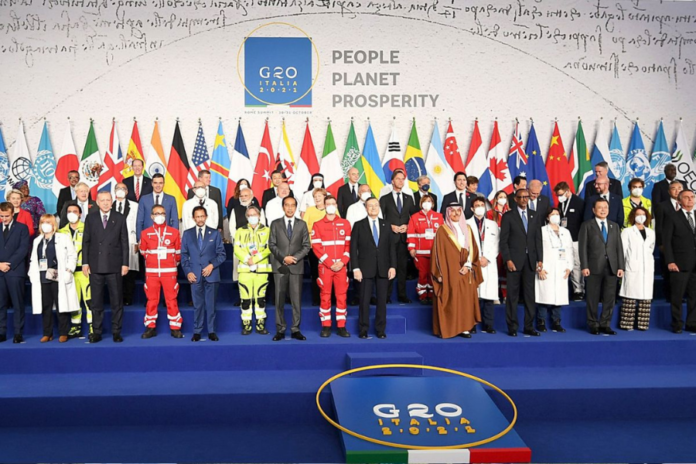G20 Summit: The G20 Summit has entered the meat of its agenda. At the recently opened Bharat Manadapam in New Delhi, host India is prepared to hold important sessions with the leaders of member nations, special invitees, and foreign organisations over the weekend.
Prime Minister Narendra Modi has scheduled 15 bilateral meetings on the sidelines of the G20 Summit in Delhi, three of which took place on Friday night when he met the presidents of the United States, Mauritius, and Bangladesh.
Over the following two days, there will be three major G20 conferences planned around the themes of “One Earth,” “One Family,” and “One Future,” as well as a few subsidiary events. These events are the outcome of a titanic amount of planning and organisation, as well as input from academics and policy analysts from all around the world since last year.
But according to conventional wisdom, the “success” or “failure” of India’s G20 presidency rests on whether New Delhi is able to win over the rival factions and come up with a consensus statement within these contentious international negotiations.
That is complete and utter garbage.
This reductionism, compelled by the obsessive need for narrative coherence, is the wrong metric to assess India’s influence as the G20 chair and the G20 as a global platform. It is just as cynical as the way the western media has covered India, focusing on the poverty and the foul smell of the sewers as if it were forbidden for India to aspire to be a great power.
Since Indonesia handed the G20 presidency to India at the Bali Summit last November, the grammar of the forum has undergone a tectonic shift under India’s direction, even as the world hastened towards impasses in geopolitics centred on great power competition, reducing the room for effective multilateralism.



